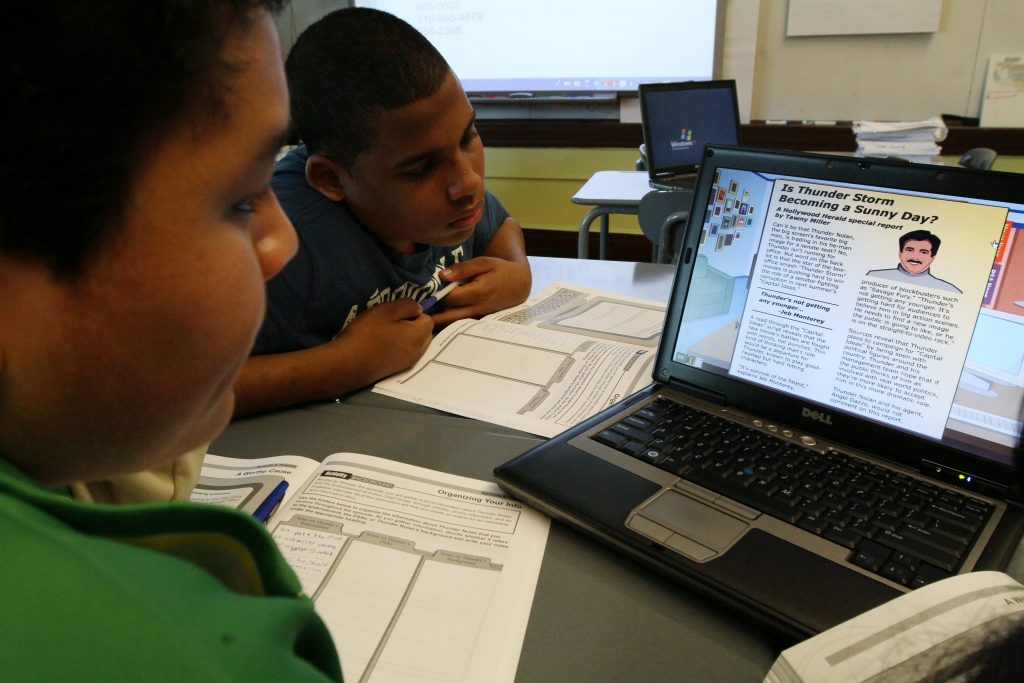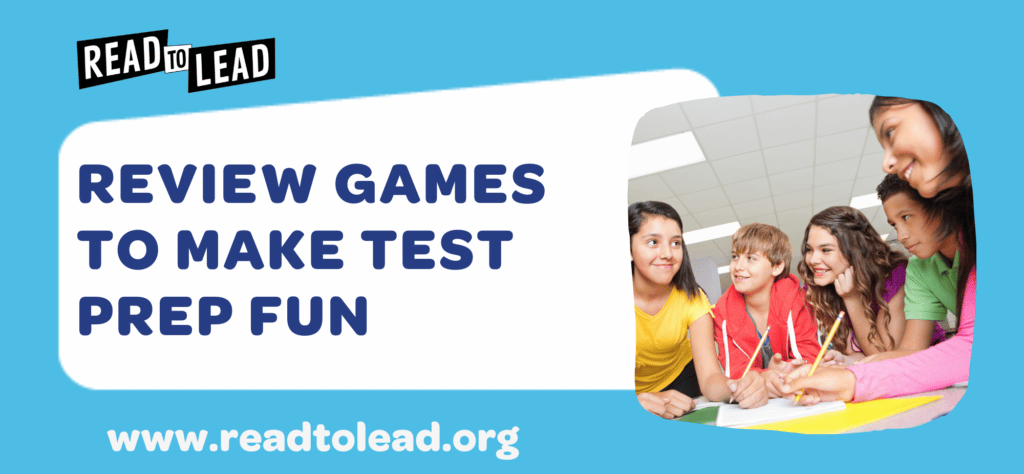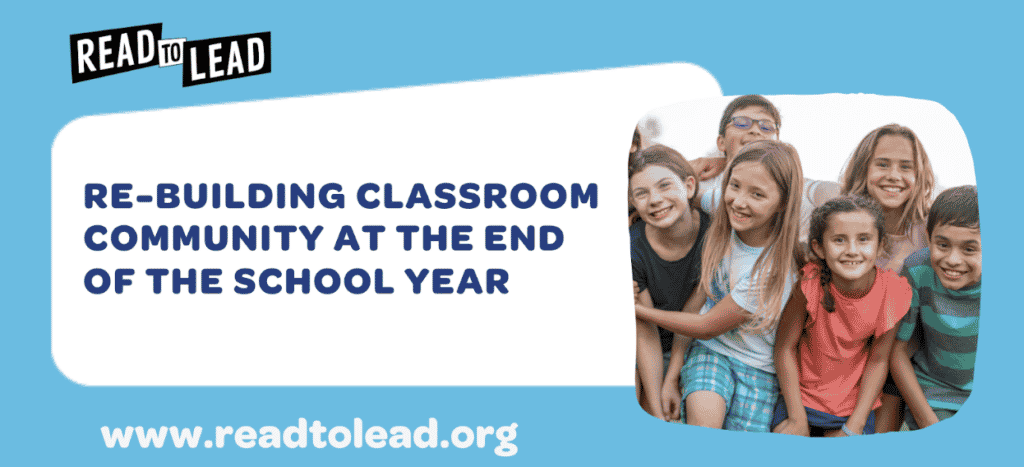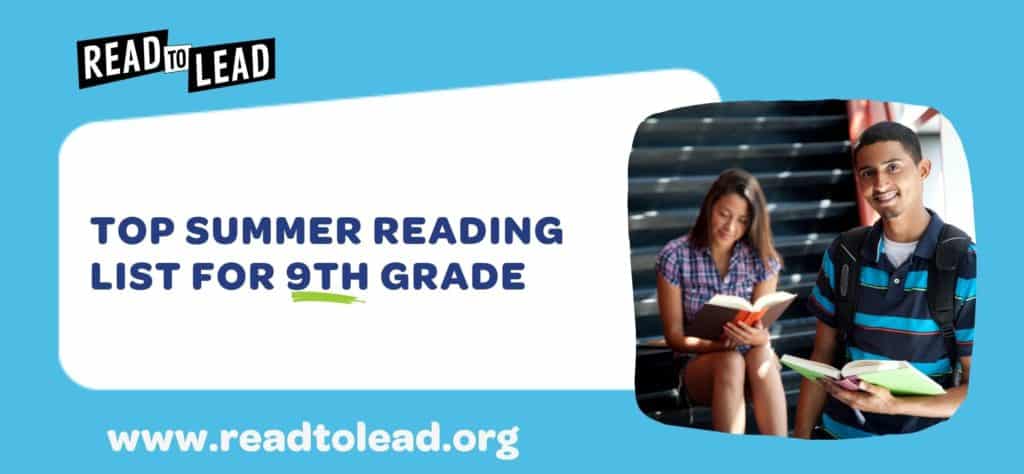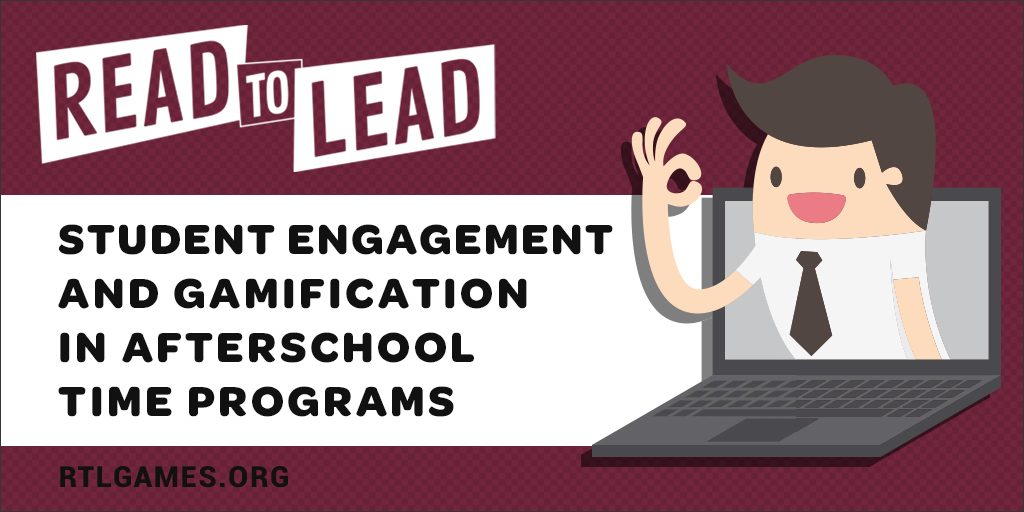
Afterschool programs allow students to participate in academic and extracurricular enrichment activities and develop new hobbies and skills outside of regular school hours. School staff members and community organizations provide a variety of experiential learning options for students including dance, chess, cooking, sports and martial arts. In addition to these non-academic activities, many afterschool programs have found creative ways to include educational pursuits.
Many schools are adding gamification as a way to teach curriculum in a fun, engaging way. Gamification is the process of making academic lessons, courses and objectives look more like video games. In addition to teaching students Common Core standards, gamification also increases engagement because students are able to take ownership of their learning.
According to Scientific American, educators see the gamification of teaching as a way to “take a more active role in learning” as students “develop the technology skills they need to succeed throughout their academic and professional careers.”
Given the fact that teachers have a lot of material to cover during the academic day, many afterschool programs have turned to turned to gamification to allow students to work on additional skills without feeling like they are still sitting in their regular classroom.
Many students who are in afterschool programs have been at school since before the official start time. They are exhausted at the end of the day. Providing a tool that engages them would significantly reduces time off task and behavior issues that may arise because of this.
Game-based learning platforms such as Read to Lead and iCivics are excellent ways to weave in more academic components to afterschool programs and boost student engagement. Read to Lead games are flexible and fun, making it easy to integrate literacy and 21st-century career learning into out-of-school time while students do something they truly enjoy. The games automatically adapt to students’ needs and learning levels, making implementation very easy.
The games give students meaningful choice and voice in their learning, meeting students where they are and helping them build critical literacy and life skills. Creative, hands-on service learning projects allow students to apply what they learn in the real world while making a difference in their communities. Visit Read to Lead to learn more about games, lesson plans, summer programs and projects.
About Read to Lead
Read to Lead uses the power of game-based learning to empower middle school students to build literacy, life, and career skills. Teachers can sign up for a free account to get started!
